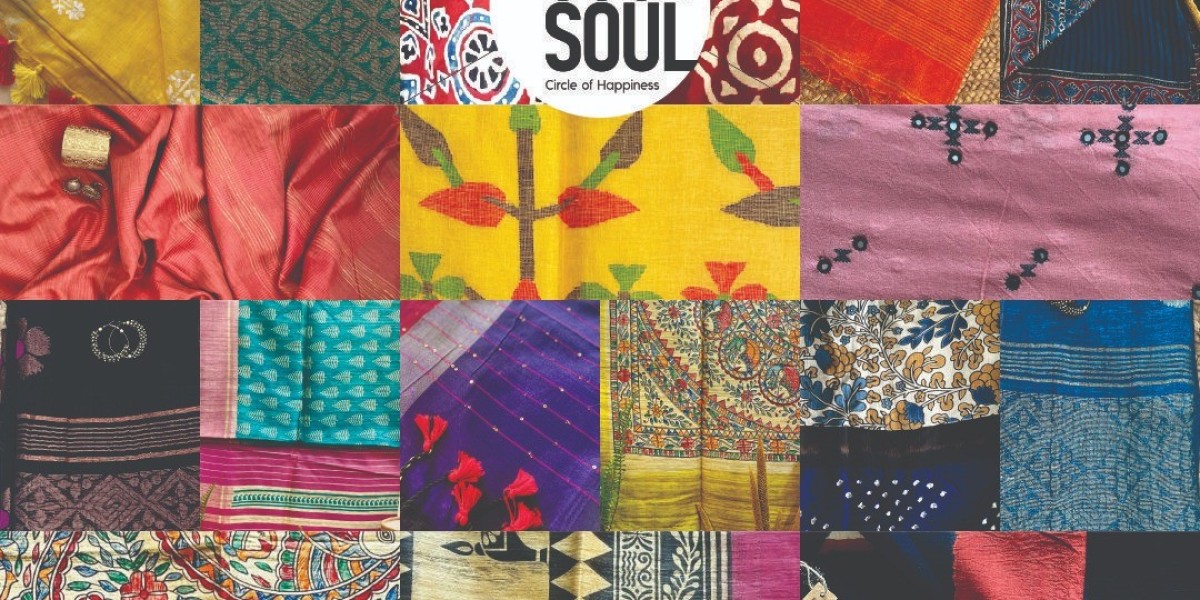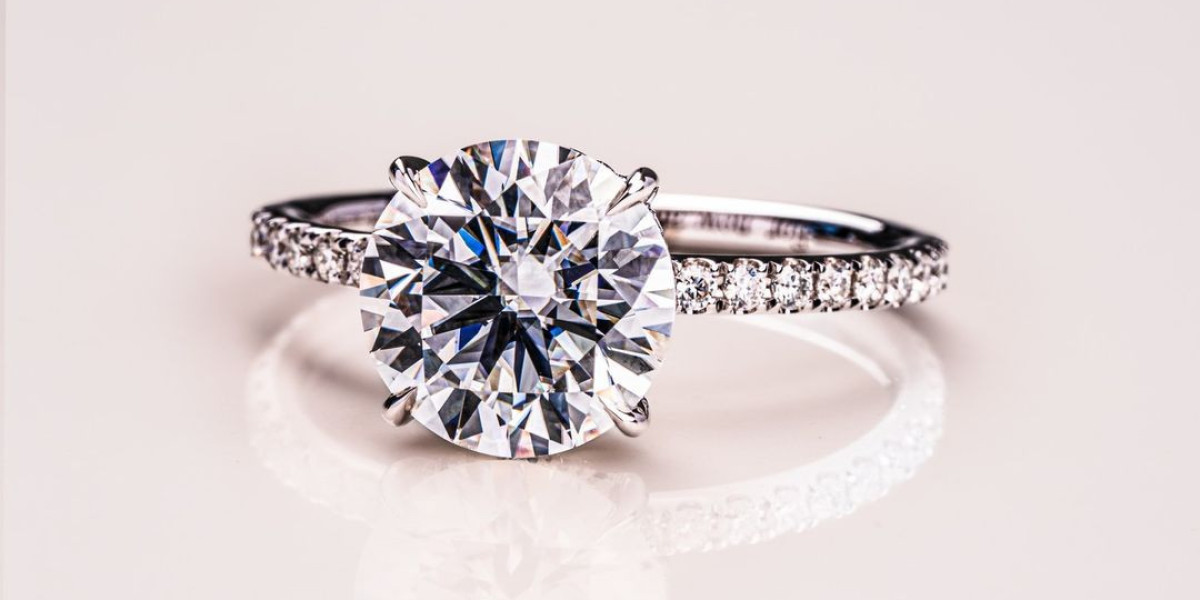INTRODUCTION
The saree, a timeless and graceful garment, holds a special place in the hearts of women across South Asia. Worn by women of all ages, cultures, and occasions, the saree represents tradition, elegance, and beauty. But while the saree itself is a statement piece, the accessories you choose to pair with it can elevate the look even further. From intricately designed jewelry to stylish dupattas, shawls, and stoles, these accessories add layers of sophistication and individuality to the outfit. This guide will explore the different saree accessories, their history, and how they can be styled to perfection.
The Significance of Saree Accessories
Accessories have long been an essential component of the saree costume. They have functional uses in addition to improving the saree's visual appeal. Some accessories add warmth, others provide coverage, and many simply act as a symbol of cultural heritage or personal style. Whether you are attending a traditional wedding, a formal event, or a casual gathering, choosing the right accessories can help complete your look.
Among the most important saree accessories are dupattas, shawls, and stoles. These accessories, though similar in appearance, each have distinct features and serve different purposes. Let's dive deeper into each of these accessories, exploring their styles, uses, and how to incorporate them into your saree look.
Dupatta: The Elegant and Versatile Accessory
A dupatta is an essential accessory that complements many Indian outfits, especially the saree. Traditionally, the dupatta is a long, unstitched piece of cloth, which is draped over the shoulders or around the neck to complete the look. It adds a touch of modesty, style, and grace to the saree, making it more formal or fashionable depending on the design.
The occasion and the saree it is worn with determine the dupatta's fabric, length, and design. For example, for a bridal saree, a heavy, embellished dupatta might be used, while for a more casual occasion, a lighter, simpler dupatta might be preferred. Dupattas are often made of silk, chiffon, georgette, cotton, and other fabrics, and they can be embellished with embroidery, sequins, or beadwork to add extra charm.
How to Style a Dupatta with a Saree:
- The Classic Drape: The most common way to wear a dupatta is to drape it across the shoulders, letting it hang down gracefully at the back while the front part of the dupatta cascades across the body.
- The Over-the-Head Style: For formal occasions or religious ceremonies, draping the dupatta over the head and letting it flow down the back can create a modest and sophisticated look.
- Tying It at the Waist: Another stylish way to wear a dupatta is by tying it around the waist, similar to a belt, which adds a contemporary twist to the traditional saree.
Shawl: The Warm and Stylish Cover-Up
A shawl is another versatile accessory that pairs beautifully with a saree, particularly during colder weather. Shawls are usually made from warmer fabrics like wool, pashmina, or cashmere, which provide comfort and warmth while adding elegance to the outfit. These accessories can be both functional and fashionable, making them a go-to for evening events, winter weddings, or when attending religious functions.
Shawls often have intricate designs, ranging from traditional embroidery to modern, minimalist patterns. A pashmina shawl, for instance, can add a luxurious touch to a saree, while a woolen shawl with embroidered motifs offers a traditional vibe. The length of the shawl varies, with some being large enough to cover the entire body, while others are smaller and more subtle.
How to Style a Shawl with a Saree:
- Drape It Over the Shoulders: A simple and elegant way to wear a shawl is by draping it over the shoulders. This provides warmth without compromising on style and is perfect for cooler evenings or outdoor events.
- Wrap It Around the Body: For a more cozy and chic look, wrap the shawl around your body, covering your arms and waist. This style gives a layered effect and works well with solid-color sarees or those with minimal embellishments.
- Wear It Like a Stole: For a less formal look, you can fold the shawl into a thinner strip and wear it over one shoulder like a stole. This method works particularly well with lighter fabrics or sarees worn in warmer weather.
Stole: A Sleek and Fashionable Addition
A stole is similar to a shawl but tends to be lighter in weight and smaller in size. Stoles are typically worn in warmer climates or for events where extra warmth is not necessary, but a dash of style is desired. Made from materials like silk, cotton, or georgette, stoles are often used to add a pop of color, texture, or pattern to an outfit.
Stoles can be paired with a saree in many different ways, often draped loosely over one shoulder or wrapped around the neck for a more contemporary look. They can be printed or solid, and their vibrant hues can complement or contrast with the saree.
How to Style a Stole with a Saree:
- Casual Draping: For a relaxed and chic look, you can simply drape the stole over one shoulder, allowing it to hang loosely.
- Asymmetrical Draping: For a more fashion-forward style, try draping the stole asymmetrically, letting one side of it fall lower than the other.
- Neck Wrap: Wrap the stole around your neck for a more sophisticated and polished look. This style works particularly well with simpler sarees, as it adds a hint of texture and luxury.
Key Considerations When Choosing Accessories
To make sure your ensemble is coordinated and fashionable, take into account the following elements when choosing accessories for your saree:
- Fabric Match: The fabric of your accessory should complement the saree fabric. For example, pair a silk saree with a silk stole or shawl for a unified look.
- Occasion: Consider the formality of the event. A heavily embellished dupatta might be appropriate for a wedding, while a simple stole could work better for a casual or semi-formal gathering.
- Color Coordination: Pay attention to color coordination. You can either match your accessory to the saree for a monochromatic look or go for a contrast to make the accessory pop.
- Embroidery and Embellishments: If your saree is heavily embroidered or embellished, opt for a simpler accessory to avoid overwhelming the look. On the other hand, a simple saree can be enhanced with a statement dupatta or shawl.
Conclusion
Saree accessories such as dupattas, shawls, and stoles offer endless opportunities to personalize your look and make a statement. Whether you're aiming for tradition, warmth, or contemporary flair, these accessories can transform a simple saree into a breathtaking ensemble. Remember, the key is to choose accessories that not only complement the saree but also reflect your personal style and the occasion at hand. By experimenting with different draping styles and fabrics, you can create a look that's uniquely yours—elegant, sophisticated, and utterly unforgettable.



